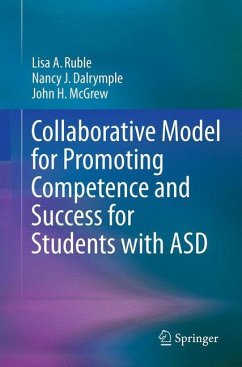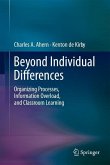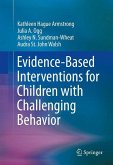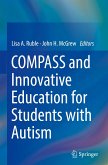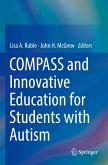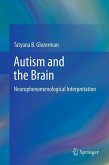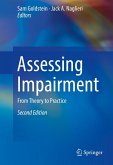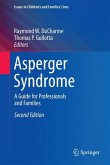Rising numbers of young children diagnosed with autism spectrum disorders means more students with ASD entering pre-school and the elementary grades. For these young learners, individualized instruction toward measurable goals is crucial to effective education. The COMPASS program-Collaborative Model for Promoting Competence and Success for Students with Autism Spectrum Disorders-has been developed to improve outcomes for these students in the unique context of their lives.
Collaborative Model for Promoting Competence and Success for Students with ASD builds consulting and ASD knowledge competencies while working with families and teachers in a systematic, empirically supported consultation program. The book offers a framework for individualized assessment and program planning based in students' life experiences along with family and teacher input. At the same time, its two-tiered consultation/coaching strategy is designed to minimize the setbacks that occur even in optimal family and classroom situations. Protocols, scripts, forms, and case examples are included for a complete guide to facilitating successful learning.
Featured in the text:
Theory and rationale behind COMPASS.Self-evaluation tools for assessing core skills and competencies.Guidelines for writing effective Individual Education Programs and the COMPASS Action Plan.Detailed instructions for implementing Action Plans and monitoring progress.Case studies of the COMPASS program in real-life situations. A complete kit of forms, scales, and checklists.
Practitioners working with children with ASD, particularly in child and school psychology, special education, rehabilitation, social work, speech pathology, and developmental psychology, will find in Collaborative Model for Promoting Competence and Success for Students with ASD a consultation model that empowers teachers, families,and above all, students.
Collaborative Model for Promoting Competence and Success for Students with ASD builds consulting and ASD knowledge competencies while working with families and teachers in a systematic, empirically supported consultation program. The book offers a framework for individualized assessment and program planning based in students' life experiences along with family and teacher input. At the same time, its two-tiered consultation/coaching strategy is designed to minimize the setbacks that occur even in optimal family and classroom situations. Protocols, scripts, forms, and case examples are included for a complete guide to facilitating successful learning.
Featured in the text:
Theory and rationale behind COMPASS.Self-evaluation tools for assessing core skills and competencies.Guidelines for writing effective Individual Education Programs and the COMPASS Action Plan.Detailed instructions for implementing Action Plans and monitoring progress.Case studies of the COMPASS program in real-life situations. A complete kit of forms, scales, and checklists.
Practitioners working with children with ASD, particularly in child and school psychology, special education, rehabilitation, social work, speech pathology, and developmental psychology, will find in Collaborative Model for Promoting Competence and Success for Students with ASD a consultation model that empowers teachers, families,and above all, students.

